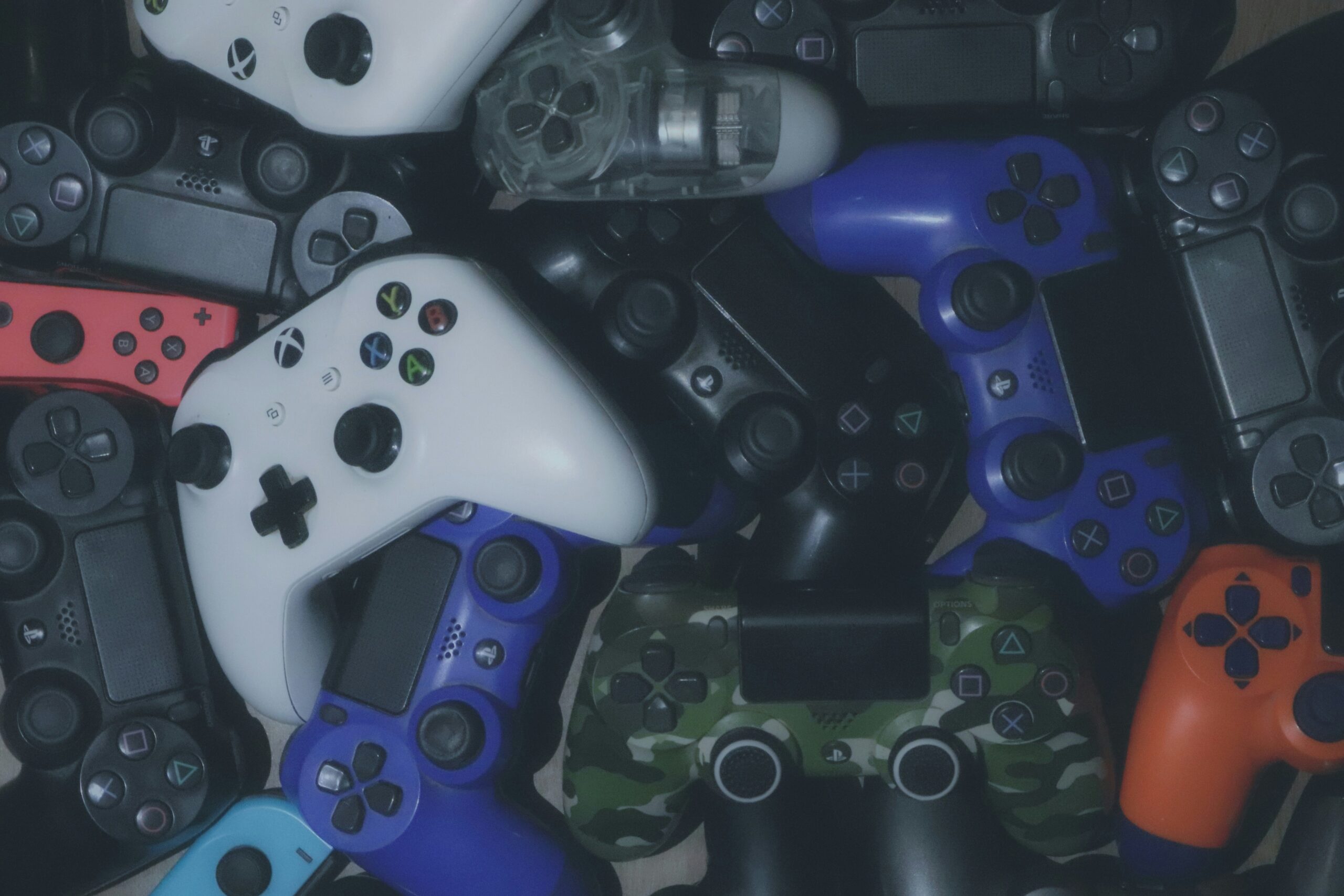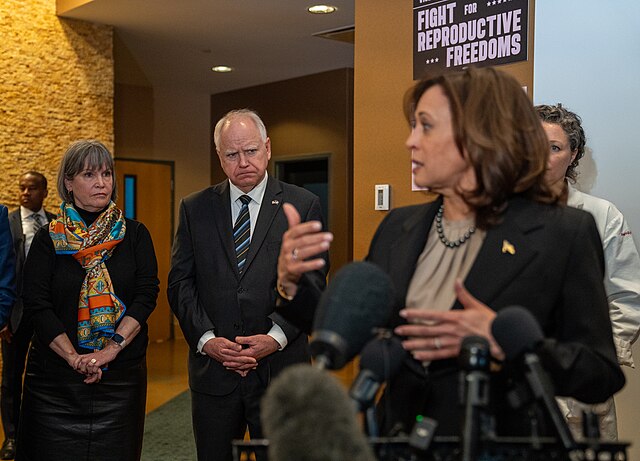When a man participates in an online multiplayer game, his thoughts are centred around winning. When a woman participates in an online multiplayer game, her thoughts are centred around winning and not being harassed by male players.
“I’d consider myself a gamer.”
“Oh me too!”
“What games do you play?”
“The Sims.”
There is no greater test of a male gamer’s character than his reaction to the above statement. I myself have used it on many occasions to distinguish friend from foe. But why is it that we have come to expect negative reactions to a game, solely because the majority of its players are women? Oh right, misogyny, my bad.
I asked myself why is it that those who play the Sims tend to be women, when the games industry is so heavily dominated by men. My conclusion: men cannot harass you on it (aside from the rogue male sim). Of course, I wouldn’t say it’s the only reason, but I believe it’s definitely one of them. I found myself deep scrolling on Reddit – dark days – and I found that there are many others who have had a similar opinion on the matter. Women wish to enjoy their pastime without experiencing gender-based harassment. And people say we ask for too much.
I interviewed (Discord direct messaged) some female friends on their experiences of online gaming. We discussed the harassment they face as women, such as sexist jokes and insults. They find themselves receiving blame for their team’s downfall, and it is automatically presumed that they will play badly.
“If they know I’m a woman on the team they will automatically assume I’m bad or that we will lose.”
“Even when a female player is at the top of the scoreboard, doing better than the players who are male, they are still getting insulted, getting called just lucky and not really having any skills.”
Voice chats are a large part of online gaming when playing in teams. However, it is through these public chats that women receive the greatest abuse. One way in which women have sometimes tried to reduce the negative interactions they experience online is by pretending to be a man. Unfortunately, with the voice aspect of communication this proves to be rather difficult. One of the first things that I do when downloading online multiplayer games is mute both my own microphone and the microphones of others, as well as turn off the chat. I do this due to fear of being insulted or mocked for my skills, especially as I have Cleo as my user, which identifies me as likely being a woman. In doing so, my experience of the game is somewhat limited, as voice chats can be of great use when collaborating with teammates. The girls inform me that they too are wary of having their microphones on, and either leave them off or attempt to scope out their teammates at first before deciding.
“I don’t talk in voice chat most of the time, especially if I’m not playing well, I know I will be insulted for being a woman.”
“When I get into a game I like to test out the waters by saying ‘Hi’, and trying to talk to my teammates to see if they’re okay, making sure they’re not toxic and won’t make sexist remarks. If they do then I just refrain myself from talking and mute them. It’s quite sad that I feel I have to do this, and not just get into the game and be able to talk freely without having to worry about teammates like that.”
In alignment with my experience of telling others about my Sims-playing, female interests in gaming are not taken seriously. The skills and dedication of women are brushed off as secondary to men’s, and they are seen as intruding on a male activity. Perhaps even more devastating is when other women disregard one’s passion for gaming as an activity done with the male interest in mind.
“I’ve had people […] say I just play games to impress men.”
The hatred received from men is bad enough, without it being received on our own side. A woman can act in ways that do not revolve around the male agenda.
One friend stated that she doesn’t “play any games online for the sole purpose of the stigma of being a female gamer.” The gaming industry is yet another area in which women are being kept from, and with this opportunities are lost. One’s involvement in gaming can lead to job opportunities in design, programming, engineering and even esports. It is of little surprise that 70 percent of jobs in the gaming industry are occupied by men considering the ostracisation of women in these environments. A fair chance is all we’re looking for in this world of inequalities.
One of the multiplayer games that I occasionally play is that of Valorant (I’m not entirely sure why I have chosen to out myself like this, but sometimes sacrifices must be made in the name of journalism). I have only just begun playing, and my skill set is currently far from desirable. I was recommended to play as one character in particular, called Sage by others, as she is considered beginner friendly. However, I was later informed that it is a common stereotype that low skilled women play as Sage with their boyfriends who then play as another character called Jett, and they proceed to spend the vast majority of the game healing their boyfriend’s character (one of Sage’s powers in the game). I was horrified to hear of this as I too was healing my boyfriend, who was playing Jett. Adhering to stereotypes is something I do my best to avoid; I immediately found myself a new character and said goodbye to Sage forever. My boyfriend admitted to me that when himself and his friends (both male and female) play, they presume that the low ranking Sage player is that of the girlfriend, rather than consider that perhaps it is the boyfriend playing Sage or a same sex couple. Misogyny, to a degree, is rooted within all of us (some more so than others), and the best way to fix it is to acknowledge where it occurs and reflect on our prejudice in the hopes that our mindsets improve.
A report conducted in 2023 stated that of those surveyed, 49 per cent of British females have suffered abuse while gaming online, with this figure rising to 75 per cent for those aged 18 to 24. 80 per cent of these messages were sexual in nature. The sexualisation of women is unfortunately a widespread issue across most media, however it is particularly prevalent in video games. Female characters in gaming are often drawn in revealing clothing to show off unrealistic and incredibly oversexualised bodies. They are portrayed as submissive, and often helpless characters in need of saving by other male characters. This results in the reinforcement of outdated and oppressive gender roles. In an analysis conducted by Downs and Smith, it was found that only 14 percent of characters in leading video games were female. 41 per cent of these characters appeared in sexually revealing clothing, with 43 per cent partially or fully nude. This is in comparison to 11 and 4 per cent of male characters. Females were also a lot more likely to be depicted with unrealistic body proportions: 25 per cent compared to 2 per cent of men. Such games are much less attracted to women, as they feel objectified and unrepresented. This in turn results in them being less willing to become involved in such companies and therefore unable to make a change. An Ohio University study showed that less skilled male players were the most likely to make cruel remarks towards female players. It was suggested by the researchers that these men “attempt to disregard a female’s performance and suppress her disturbance on the hierarchy to retain their social rank.” In other words – my words – talentless, pathetic men get angry about being talentless, pathetic men, and they take out this anger on women because they are not mature enough to handle their own emotions.
Organisations such as AnyKey, Femme Gaming, and Women in Games International all strive to make online gaming a safer, and more inclusive space for everyone, and work towards reducing violence against women. Another way in which female gamers are attempting to make their gaming experience an enjoyable one is through female only servers on platforms such as Discord. These servers are there to allow women (and often those who identify as non-binary), the opportunity to play with other women in a safe space, and make online friends without the fear of being harassed or sexualised. Of the female friends that I discussed gaming with, two of them are active in a women’s only server for Valorant, called Valorant’s Angels. The server currently has 6,699 members – a number which is continuously growing.
“I chose the server because I wanted to meet more women who play, I wanted to make friends and know I would be comfortable playing online if I had a few female friends to play with.”
Such communities are an incredible way for women to avoid unwarranted and unnecessary abuse for simply engaging in a pastime, though it saddens me that it continues to be women who must come up with solutions for issues caused by men. From sharing one’s location when going home at night to taking a picture of the car registration plate before hopping into a taxi, women are constantly looking for ways to protect themselves from men (yes not all men, but enough that I’m wary of you all). Solutions are not necessary if there isn’t a problem in the first place. But that’s not up to women, that’s up to men, and until these men realise the problem is not ours but theirs, ingenious women will continue to come up with ways to protect one another. As much as I’m a dreamer, I don’t dare dream for a world rid of all inequalities. I do wish for awareness. We must remain aware so that these problems are aired, we must make others aware so that the prevalence of these issues increases.
Men will only fix a problem when they realise that it is their problem, too.








